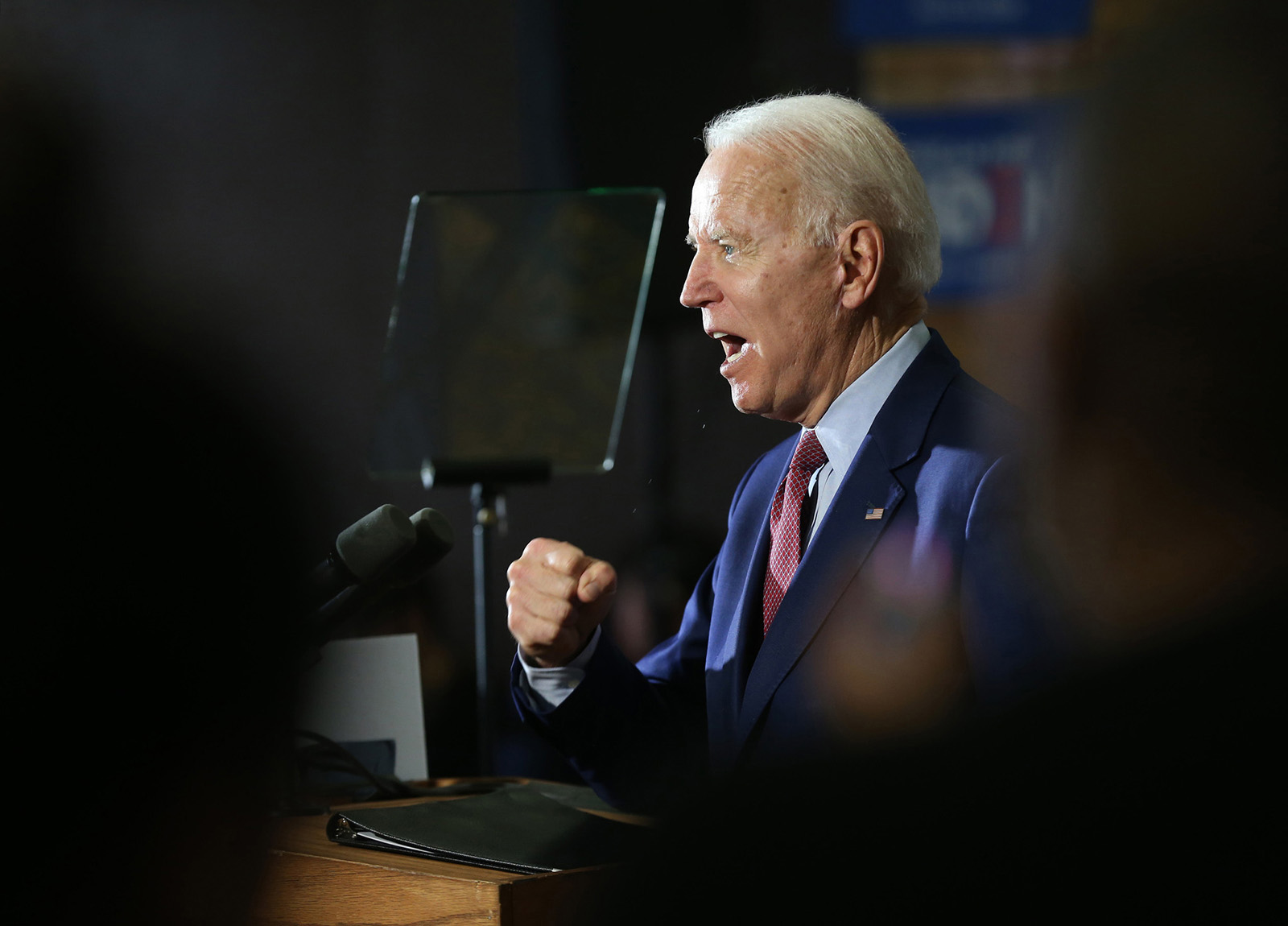
Sen. Bernie Sanders (D-Vt) has ended his 2020 presidential campaign, making former Vice President Joe Biden the presumptive Democratic nominee. While there has been a lot of coverage about Biden’s deep support in Black communities, there are still many Black people of all ages left disillusioned and dejected. Having to choose between Joe Biden and President Donald Trump—both of whom have been accused of sexual harassment, sexual assault, and racism—is a truth that we knew would come, but could not face, at least until now.
The 2020 presidential election has been a bit of a bleak ride from the beginning. We began the year with a number of candidates, some largely out of touch, and some uniquely in tune with the needs of young Black Americans. Bernie Sanders, with his progressive stances and readiness to tax the exorbitantly wealthy, was one of those lights in the midst of what has proven to be a politically trying time. Even those who didn’t fully agree with all of his ideas could admit that he was genuinely for the people, and believed that could, at the very least, go the distance to run against President Trump.
In a video that Sen. Sanders shared to Twitter, he said that he will remain on the ballot in all remaining states so that he can “continue to gather delegates” ahead of the Democratic National Convention in August 2020. This is so Sanders’ vision will be influential in some capacity in years to come, even though Biden will be the Democratic presidential nominee.
Yet even with that, Sanders dropping out is much more than a devastating blow — it’s confirmation to some that our plights, votes, pleas, and hard work simply don’t matter. How are Black people to reconcile with the fact that our needs will not be truly considered no matter who wins? And how are we going to sit through a never-ending news cycle that constantly reports on death, fear, and now, the horrifying state of politics?
Hopelessness and apathy are not dramatic measures. They are the defaults for people who were already disgusted with the political system and desperately looking for something, anything, to hold on to.
Not voting is the only option for some.
Writer Hanna Phifer spoke to Girls United about why she won’t be placing her vote this November. Phifer has been using her platform to share her beliefs about the American government, and has been outspoken about her support of Sanders. “I decided fairly early that if neither Sanders or Warren nabbed the nomination, that I wouldn’t be voting,” she said. “I don’t at all take lightly the sacrifices many Black people before me made in order to secure voting rights for my generation, however, it is in the spirit of my ancestors in which I choose to abstain from voting for president this year…”
Phifer also talked about how Sanders dropping out of the race has made her feel. “I was admittedly emotional about it,” she revealed. “While I never, and would never, put my weight behind one leader to do the necessary work to lead us to where we need to go, the failure of Sanders’ campaign signals a resistance within the DNC to embrace a robust progressive platform that would radically impact Americans’ lives for the better.” While it’s understandable that it’s not a single person’s job to change the country, people actually had faith in Sanders’ ability to shift maybe even the smallest aspect of government.
When we spoke to Brandon McCall, a music producer who goes by THE SEVENth, he revealed that he hasn’t voted in the most recent presidential elections, and would be continuing his streak in 2020. But he was adamant about the fact that this was a personal decision, and that he wasn’t trying to persuade anyone to do the same.
“I’m really pro-voting on a local level,” the artist and Sanders supporter said to Girls United. But he understands why people are even discouraged with that. “A lot of people in America are like ‘I don’t even wanna be involved in none of that.’
When we asked about what exactly led him to stop participating in the presidential election, McCall replied, “There are some people who put all of their hope in a vote…instead of going out and impacting the community [and] going and talking to the politicians, know what I mean?” Towards the end of our conversation, he revealed that he feels that voting for president wasn’t “designed for him,” which he quickly followed up with, “maybe that is an effect of despair.”
For Black voters, the presidential election has long been about choosing between evils. Our options are now possibly more unpromising than they’ve ever been, and although we have a semblance of a say, people feel as if it’s not even worth it. Not being able to choose Sen. Sanders, someone who gave many Black people hope and reflected their needs in his plans, means that we may remain an afterthought in the political sphere. The issues that we care about the most will continue to be brushed aside, and men with dark pasts and questionable stances will make major decisions that affect us.
It’s a harsh reality, but its reality nonetheless.